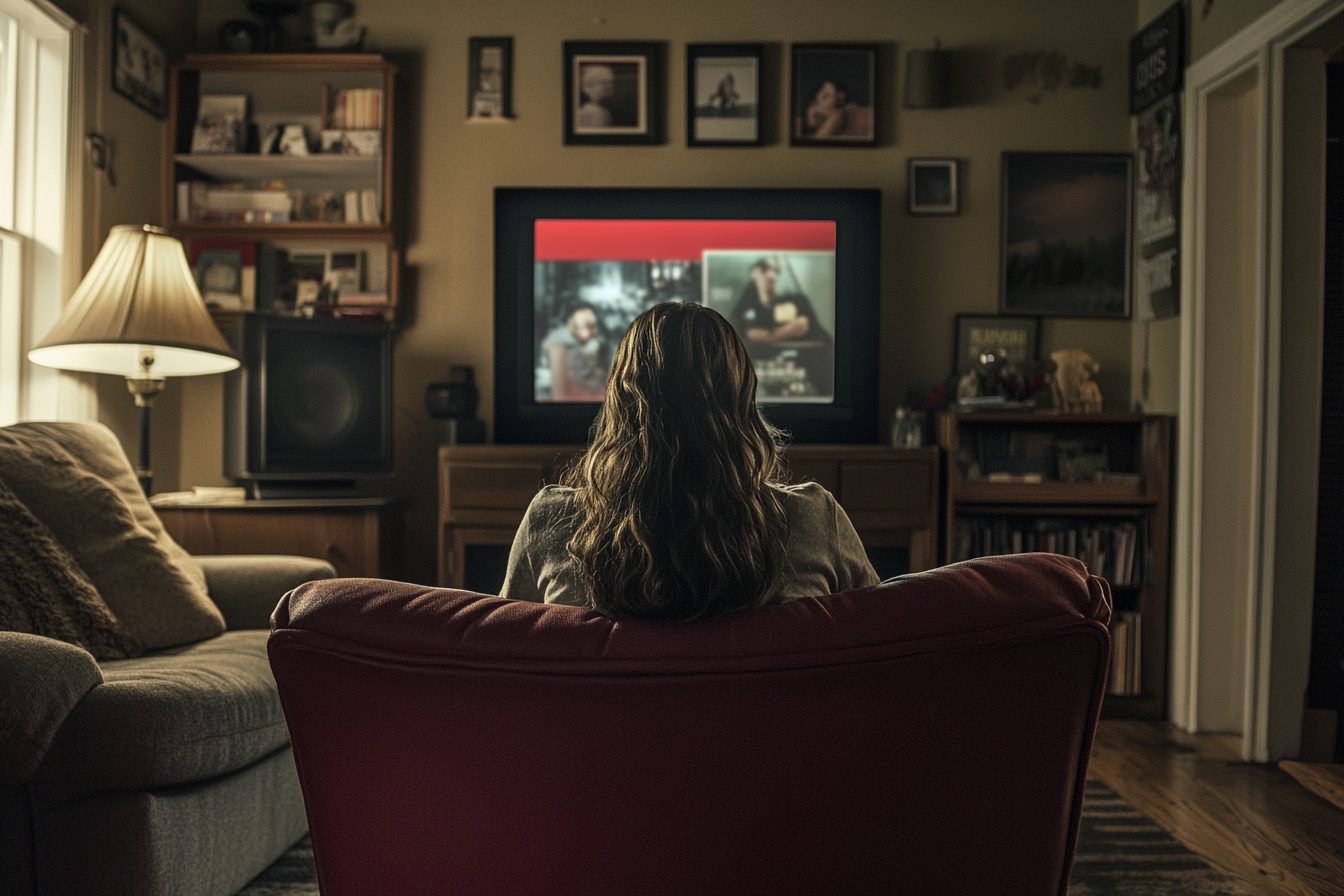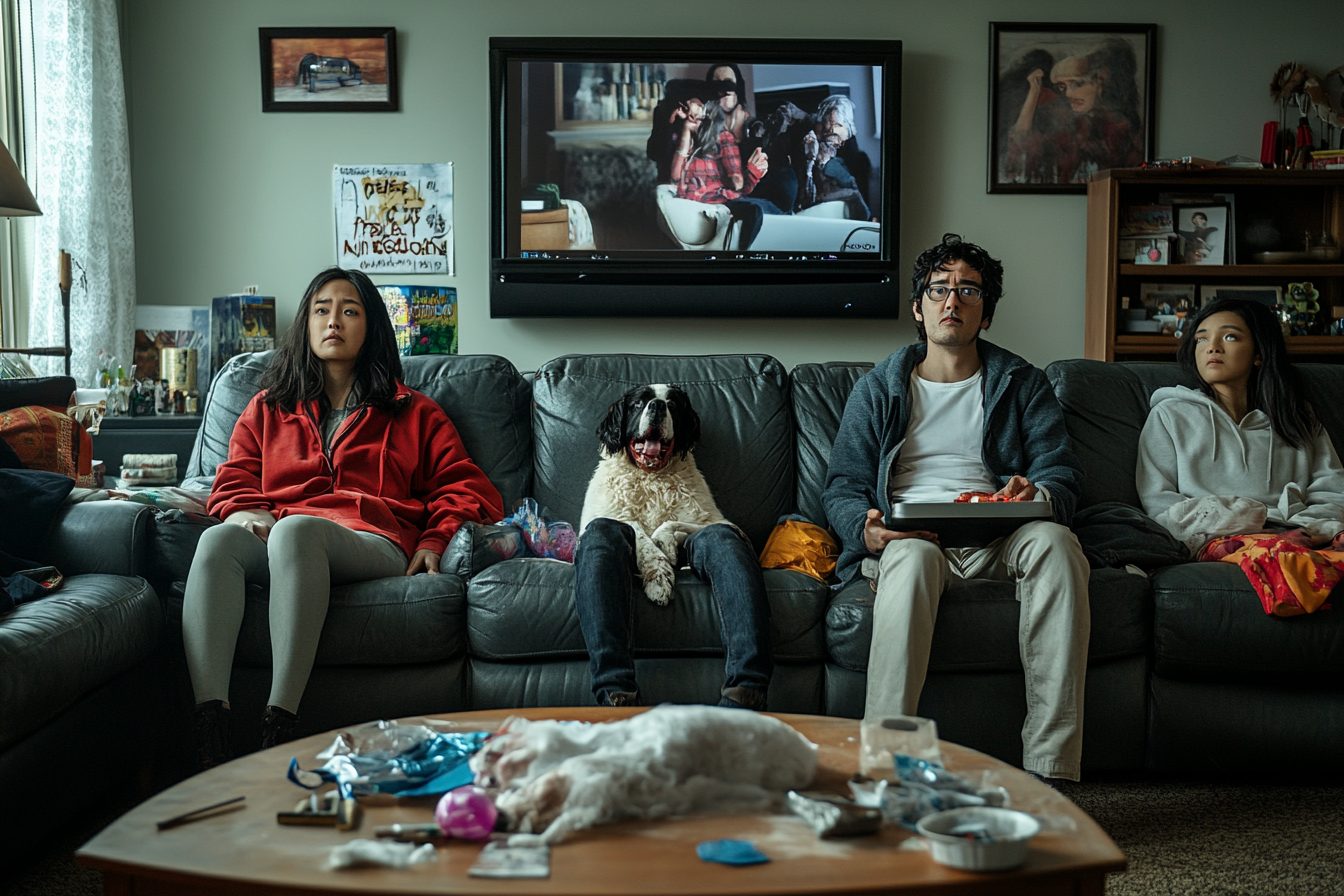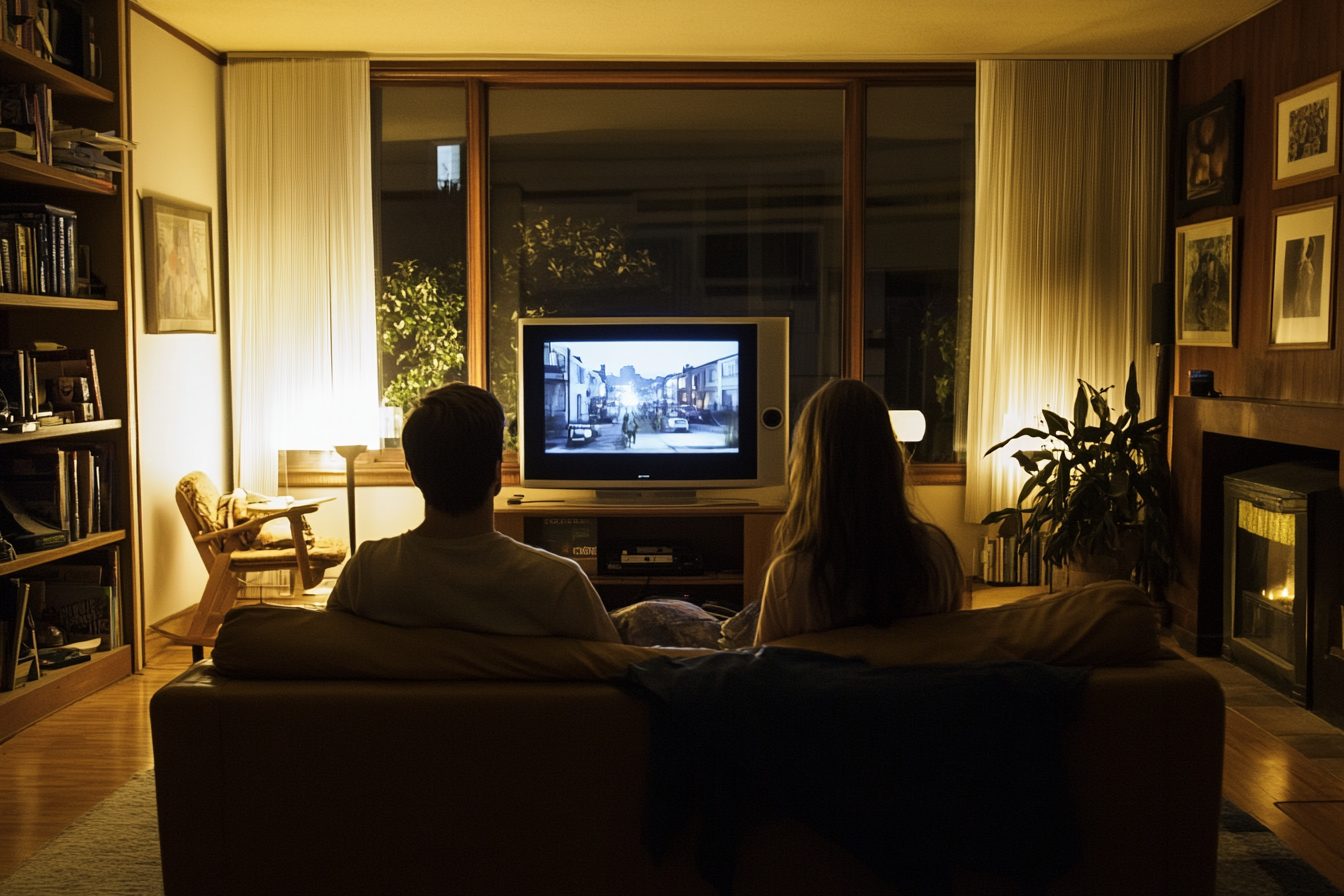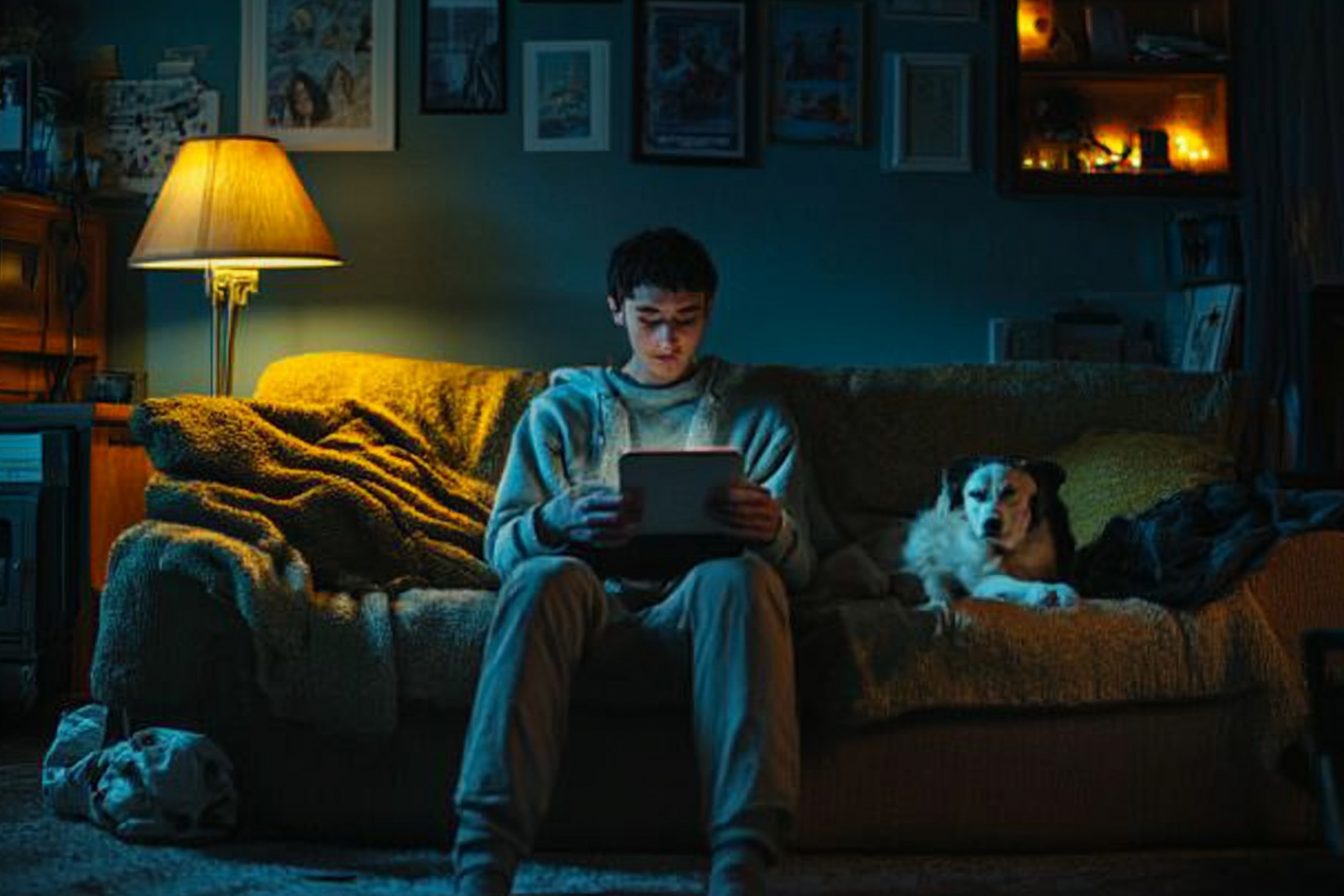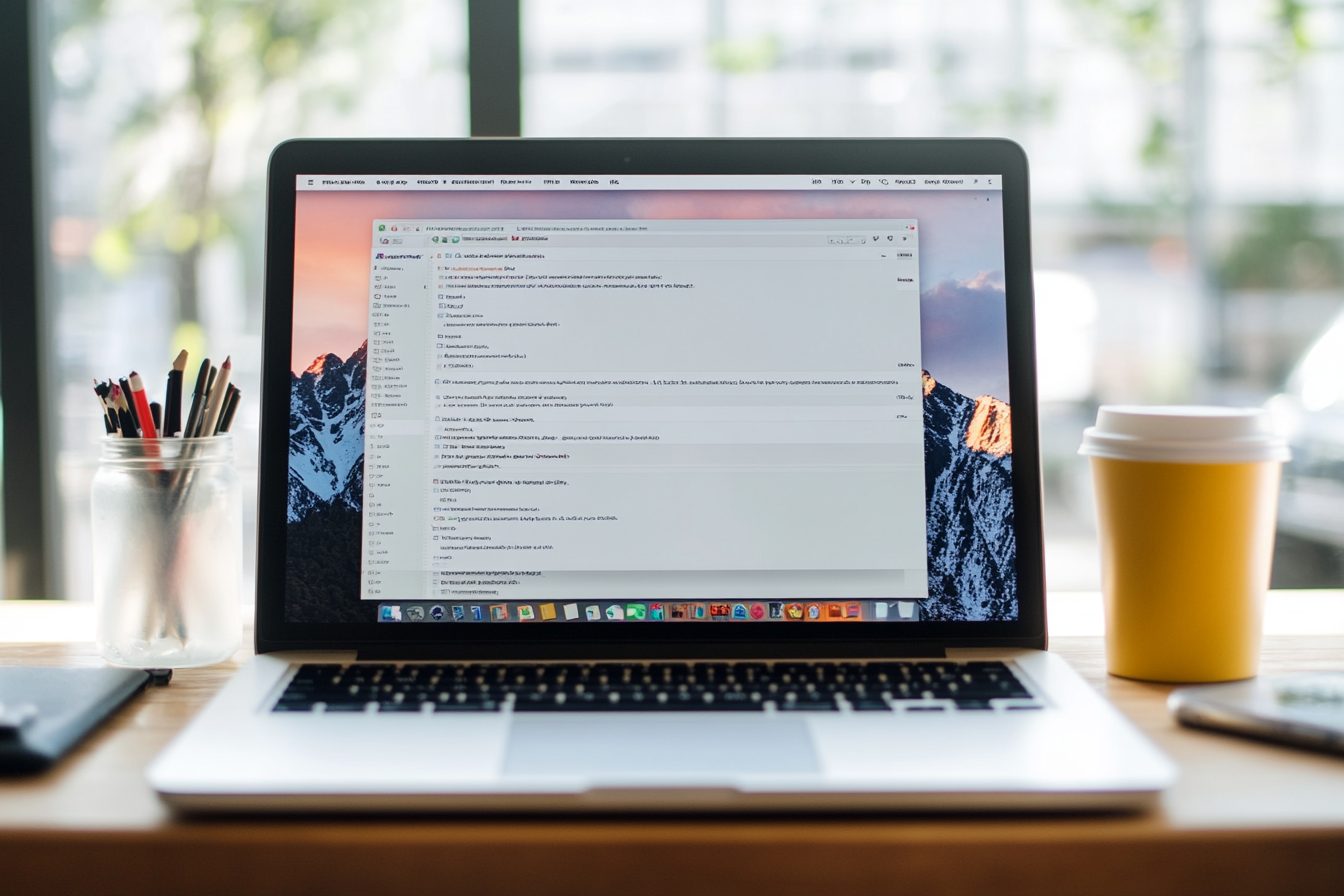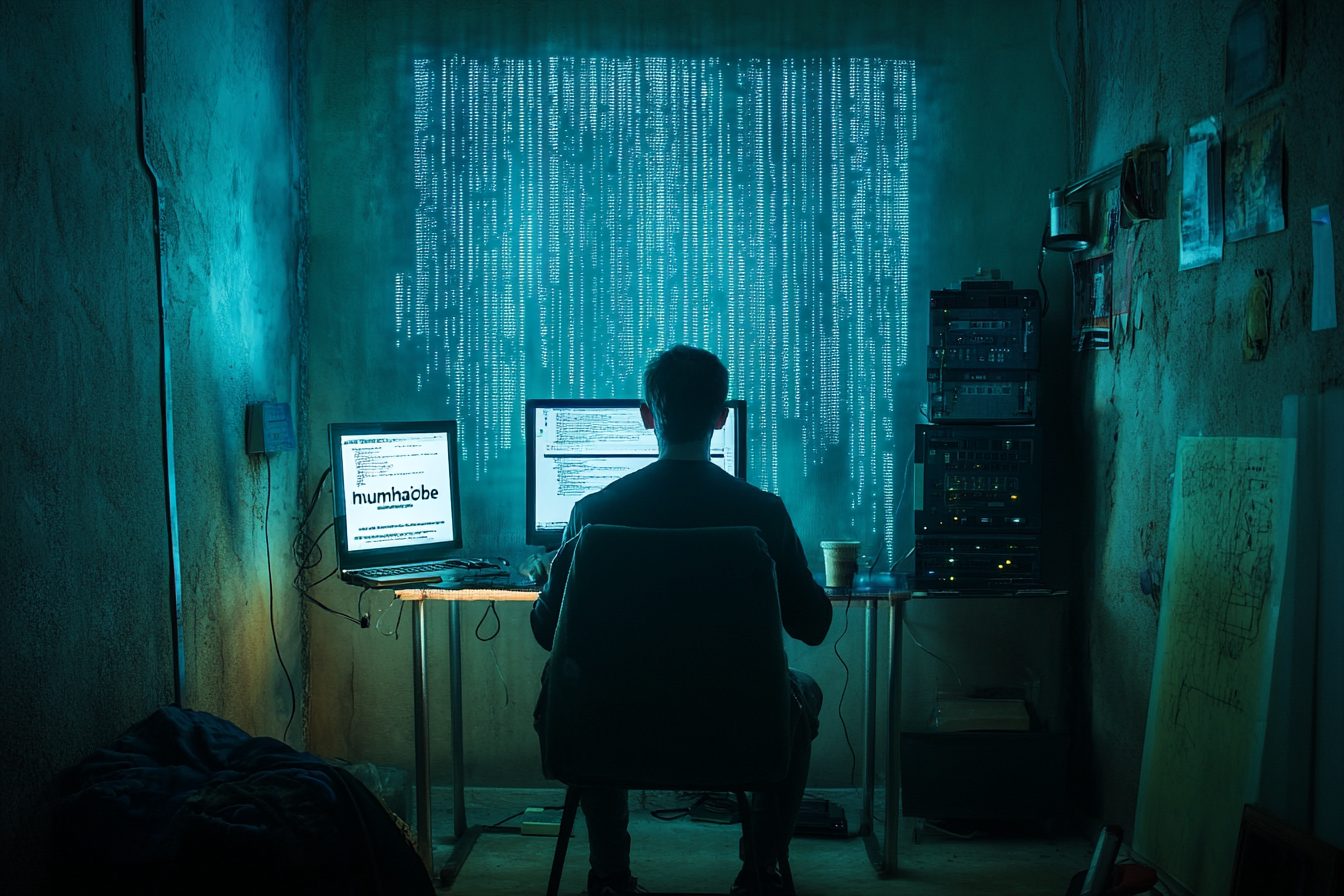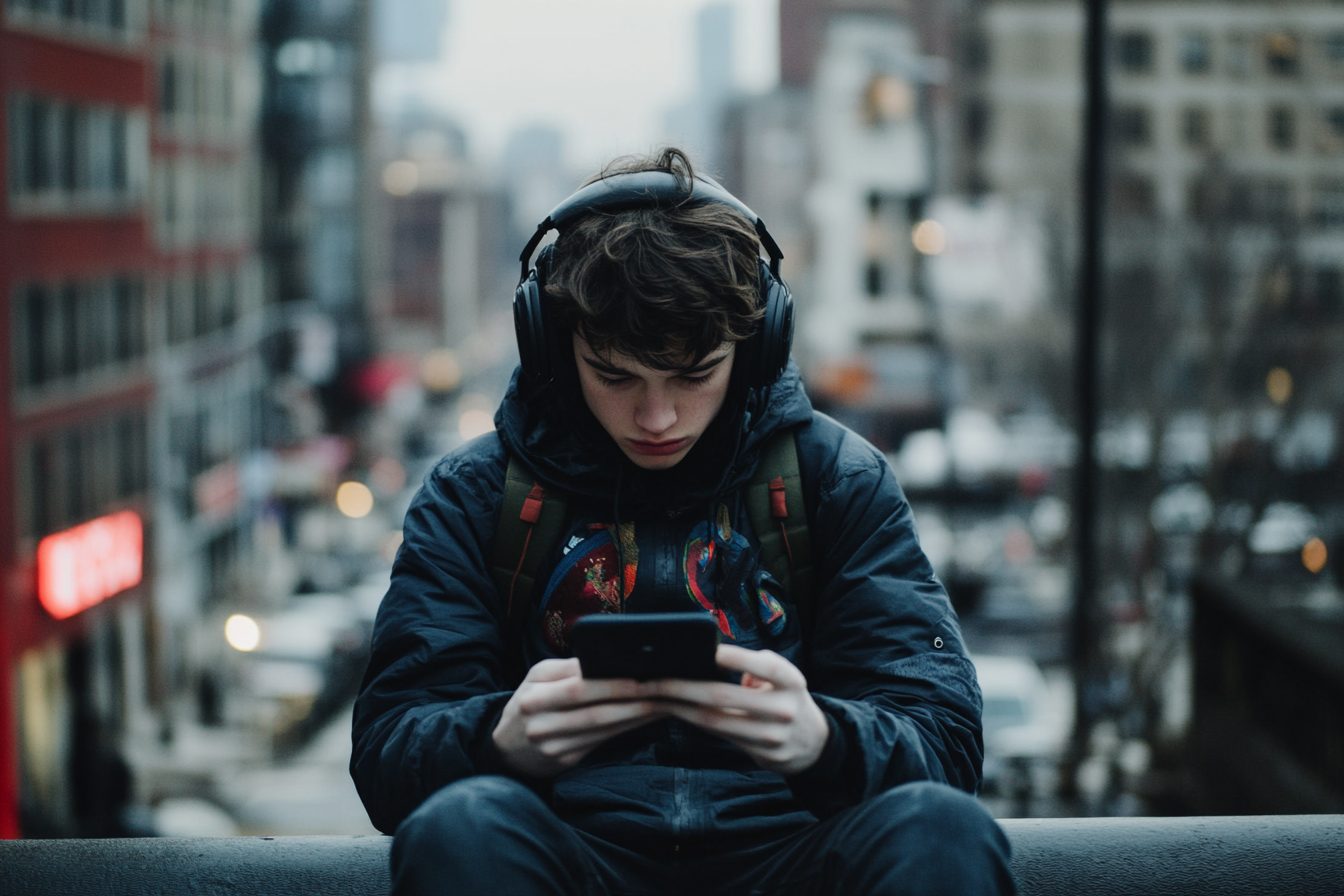Every once in a while I imagine myself as a peculiar individual from an endangered species: Homo sapiens netflixus absentis. Yes, I am that rare species who does not possess a Netflix account. Not because I am furious with streaming services, though I do hold several subscriptions which makes me a bit of a hypocrite, but simply due to not having the time.
This abstention has changed how I perceive the world and how social interactions are interlaced with communal watching and what it feels like to miss out on being in the center of the action. “Did you watch “Stranger Things?” my colleague asked me while waiting for her coffee last Tuesday.I said no and her face shifted and froze on pity.
“Well, you definitely should,” with a combination of emotion and blank face that is synonymous with trying very hard not to trip and spill a cup that reads, “It’s incredible.” She dashed off before I could explain that my lack of a Netflix account had nothing to do with content judgement, but instead, simply bad luck in the technology world. This is not an one off case. At the dinner party not too long ago, everyone joined in the chatter of what new shows they’re currently binging and the rushed discussion included The Crown, Tiger King, and some chess events.
At the time I finished these shows (a feat I was quite proud of while I was hypothetically lost in a deep glass of wine) I mulled over the idea of if I should wear a mask to these gatherings where pretending to have seen them would be considered better than the actual truth. Theos entire washing of crown and even nods with one and quarter spin (queen and chess queen) or even just “Feeding husband into tigers” (Did this kid classic actually took place? )
But pondering over my dear friends, I chose option B, brutal candidness.That dialogue dropped off into a deathly silence when all I managed to say was “I don’t have a Netflix account.” Am I the only one who wonders if these people truly believe I don’t have running water? As if this idea considers all the relevant parts, someone gently and rather disconcertingly said, “You’re not thinking into it too deeply, are you?” It would appear that because you are too weak to assist to have reasons of inclusion are capable to assist swipes at you, right? Not having a Netflix account means so much more than missing particular shows; it means missing out on an entire cultural discourse.
For some reason, I feel completely lost understanding group chats or memes nowadays as if they were a new gift-wrapped language that doesn’t come with a dictionary. Now I understand fully how my parents must have felt when I would bring up memes that I deeply enjoyed watching that they had no reference for. Remember back in the day when everyone spoke about that fully digital television that could be accessed with an antenna, and its water cooler conversations single-handedly dominated?
What I’m trying to get at is when those cultural landmarks—unfortunately, over the years I have grown a few—were simply tokenized for mass consumption and released piece by piece instead of all at once. I am not too young myself but I do remember older relatives discussing civilization’s greatest piece of art called HBO. Their Monday mornings were reserved solely to review the latest Sopranos episode released the previous Sunday.
It was an experience, a shared one at that, erased due to the rise of binge consumption. In that exchange, something fundamental has changed. For me as someone who has put years to consider designing user interfaces, what excites me is observing how streaming services not only change methods of content distribution, but radically redefined the social relations in use and abuse of entertainment.
Netflix serves more than just offers; it provides a context that offers multiple social interactions at the same time. Small talk these days makes “What are you watching?” far more convenient than the traditional, “How about this weather?”. The manner in which you watch shows says a lot about yourself. Typically, “Ah, she watches documentary on true crime,” would mean, “morbid, but curious and intellectually engaging.”
He loves those absurd, eccentric indie comedies-What a oddball.The use of machines to aid in trimming down what is tailored to entertain an individual is truly baffling.
That’s interesting as well. While a friend’s documentary was compelling enough to grab my interest, I borrowed my girlfriend’s Netflix account to indulge in one. During the screen time that followed, her “Suggested for You” section was astonishingly specific and frightening amounts tailored to her preferences.
In several respects, the algorithm outperformed me in knowing her. It was right on the dot regarding her anticipated wish for the next selection. I recollect that when I worked, me in the tech world, my job was to construct systems which operated on x users that to an extent cared for them, therefore, the users deeply appreciated feeling understood.
Sadly, even the frameworks I aided in constructing created echo chambers where people were only exposed to what they found enjoyable rather than things that would challenge them. While the previous channel-surfing period was a vexing experience, at least they encountered possibilities such as watching an annoying documentary on deep sea creatures that, surprisingly, garnered a lot of interest. I distinctly recall returning from a work retreat, and the first thing my colleagues wanted to do was throw a party to watch the Netflix series.
You can imagine my surprise when it first happened to me in real life, and I did not really expect anything of the sort. Snacks assured, and workmates sailed in, establishing my worst social encounter circumstance. In fact, I caught sight of coworkers waltzing into the office carrying their oversized cups filled with sugary drinks and snacks galore on the first floor kitchen counter for field display. All of a sudden, boom, I’m standing in the corner of the room frozen. With the rest of my peers. Sure, I could have socialized with them, but without the Netflix sitcoms, social pressure makes one quite a stubborn experience, so I resorted to isolation. Pre-function, I had resorted to the solitary life on the upper deck of the hotel bar where I met a grumpy older bloke who similarly did not care to want to watch the group fun activity.
I recall having the most intriguing discussion regarding how ham radios function. For me, this was the most interesting thing I did throughout my retreat, and it occurred after I willingly opted for a different experience from the rest of the group. It’s not like I did not realize the irony involved here.
For a number of years, I attempted to create digital products that would capture an audience’s attention and hold their gaze. Now, I find myself part of the assembly line creating the FOMO gap, and controlling my consumerism is off-limits for me to touch. The systems I used to champion have operated exactly as intended, producing extraordinarily appealing entertainment that is so glorified it’s deemed watching as self-sabotage requires retreating on social engagements.
The other day, my daughter remarked about Netflix that strong avoidance of the platform on my part is quite simply the most Boomer thing one can do, despite me being Generation X. “You’re not standing for anything really,” she said, rolling her eyes in an exemplary show of performing ‘I am a teenager’. “All you are doing is making your life miserable for no reason.” I adroitly suspect she is right.
Still, there are some advantages to what I consider my accidental outsider status. Being on the periphery of any phenomenon brings with it a certain kind of clarity. For me, it is effortless to recognize behaviors and trends that are sure to boggle the minds of those fully immersed in the milieu.
In my experience, streaming platforms have not only transformed the nature of content we consume, but they’ve also changed how we interact as a society. To an equal extent, more has been given to talk about while the parameters of whom one can talk to have been altered. There are now more cultural touchstones than ever, but these are fragmented, creating pockets of shared experiences rather than large ones.
Here I am, perhaps the very last human on Earth without a Netflix account, witnessing culture in one of the few markets I have made a conscious effort to avoid. There is a semblance of morality, of course, but for the most part it is a misguided form of rebellion against the all-encompassing digital uniformity that surrounds us. Admittedly, there are times when it’s nice not to know what the buzz is all about regarding season three for the show everyone seems to watch.
Knowing at least one aspect of my life that I have managed to hold onto as truly mine, free from the influence of a machine, or the saturation of everyone around me, feels pretty great. Different people have different perspectives, and in the oversaturated world we live in, the simple “No, I haven’t seen it” stands out in a remarkable way. It’s quite the paradox to define certain things, which take away social interaction, as bittersweet.
In no way do I recommend eliminating a Netflix or any other streaming service as a form of protest against waffle diagnoses. Not canceling it would be far too extreme, and given my other investments, adds no value to my life which makes it irrational for me to suggest that. What I do recommend, is that every once in a while, stepping outside the social interaction stream can be satisfying, and, however harsh it may sound, it is a perspective worth having, even if it shifts you into the social outcast category.
Allow me to apologize for this peculiar style of parenting I must engage in for the time being, but I need to see what I am trying to say and “netflix and chill” with my daughter. Having in mind her completely mortified face when I said the word during breakfast, I have a strong suspicion that I have been using it far too loose at work functions.
